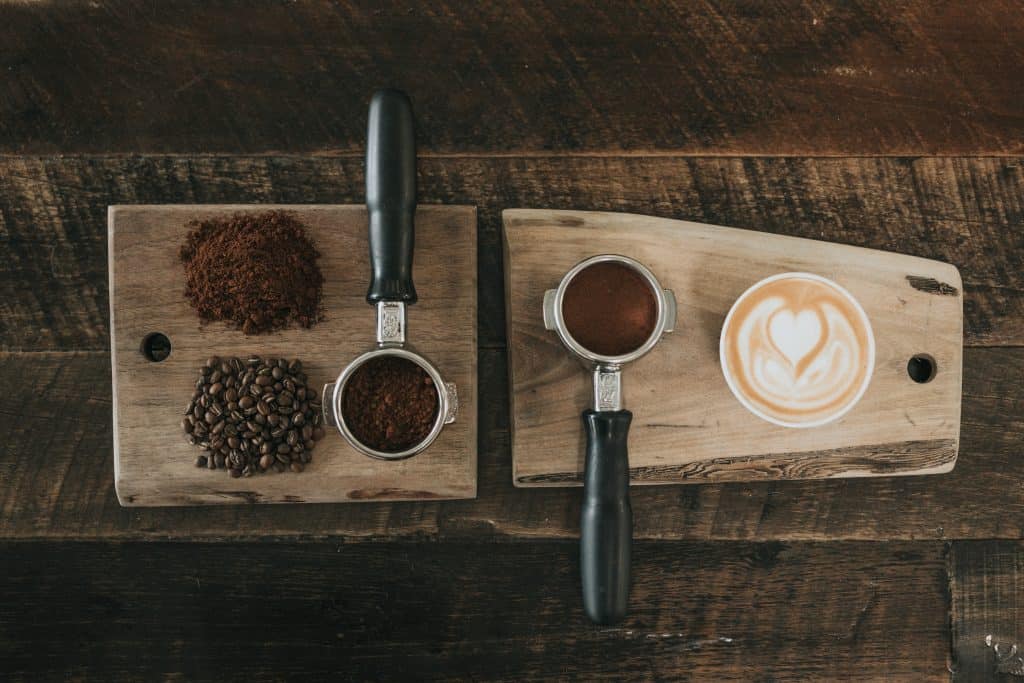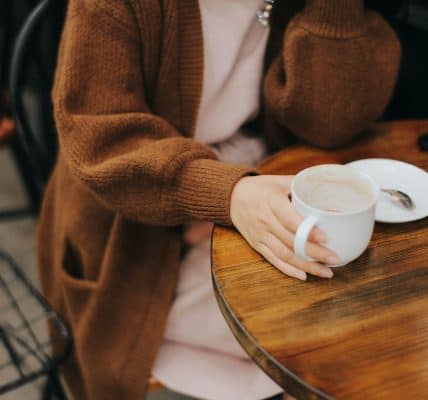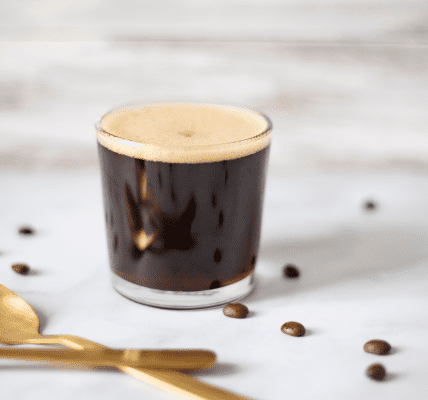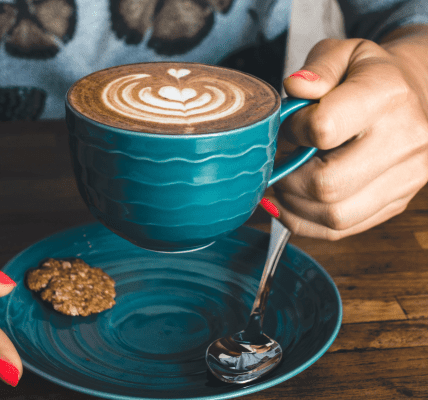
Caffeine is probably a part of the everyday schedule if you’re like many folks. But do you realize how much caffeine is in your favorite beverages?
Many adults can tolerate up to 400 mg per day. Caffeine tolerance, on the other hand, differs from person to person. If you’re experiencing migraines, agitation, or stress, you should reconsider your caffeine consumption.You should avoide caffeine if you are pregnant, want to become pregnant, or breastfeeding.
Remember that the caffeine level of a glass of espresso or tea may vary significantly. It can vary dependin on factors like preparation and brewing period.
Caffeine Content in Different Types of Coffee
Table of Contents
Caffeine levels vary depending on the kind of coffee. Let’s discover the caffeine level of the most popular varieties of coffe:
Brew Coffee
Brew coffee is made by steeping roasted coffee in warm water. This combination is frequently separated from the prepared coffee using a paper, steel, and plastic filter.
You can make a brew coffee using a variety of methods, but the most common is a filter. The caffeine content in an 8-ounce cup of this type of coffee is normally approximately 95 mg.
Decaffeinated Coffee
Despite the title, decaffeinated coffee includes caffeine. For example, an 8-ounce cup of prepared decaf coffee has about 2 milligrams of caffeine.
Cold Coffee
Frozen brew coffee differs from frosted coffee, which is brewed coffee served on ice. You can make a cool brew coffee by steeping coffee beans in normal temperature water for anything between 8 to 24 hours.
According to a study, a 12-ounce cup of cold coffee might contain anywhere from 153 to 238 milligrams of caffeine.
Instant Coffee
The coffee is made by combining hot water with coffee powder. The caffeine content in this coffee is often lower than in freshly ground coffee. The caffeine content in an 8-oz mug of ordinary instant coffee is around 62 mg.
Espresso
It is a great coffee drink made by pushing warm water through extremely fine coffee grinds. A device or a cooktop Moka pot is used to make espresso drinks.
Due to the strong caffeine concentration, espresso quantities are often substantially less than those of ground coffee. The caffeine content in a one 1-oz espresso shot is around 63 mg.
Espresso-based Beverages
Espresso drinks are blended with various types and quantities of milk frother to make a variety of famous coffee drinks. Lattes and Americanos are among them.
Such drinks have the same dose of coffee as plain espresso because the cream does not carry any extra caffeine. On a median, a single glass has 63 milligrams of caffeine, while a large has 125 mg.
How Long does Caffeine Last in Coffee?
The effect of caffeine will last up to five hours in your body. If you ingest 10 milligrams of caffeine, you will have 5 milligrams of caffeine in the system after five hours.
Caffeine’s consequences are at their highest within 60 minutes of ingestion. This is when you’re more likely to encounter caffeine’s jittery symptoms. You may pee more as a result of the liquid consumed and the modest depressive impact of caffeine.
Caffeine sensitivity can cause symptoms to last for many hours at a stretch after use. According to experts, because of its long-term consequences , you shouldn’t use caffeine at least 6 hours before bed So, if you get to sleep at 10:00 p.m., the final dose of caffeine must be before 5:00 p.m. So, if you get to sleep at 10:00 p.m., the final dose of caffeine must be before 5:00 p.m.
Best Time to Drink Coffee
However, because the hormone cortisol will be at its maximum capacity, it’s assumed that coffee quickly after waking up reduces its invigorating effects.
However, it has been recommended that the optimal way to consume coffee is in the late morning, whenever cortisol levels are lower. This hour is around 9:30 to 11:30 a.m. for many people who wake up at 6:30 a.m.
Although there can be some reality to this, no research has found that postponing the morning coffee has any more invigorating effects than having it right when you get up.
Another cause why delaying the morning drink can be good is that caffeine might raise cortisol levels. However, if you’re ready to switch up a regular morning coffee routine, you might find that waiting several hours to have the coffee gives you extra energy.
According to the research, adolescents between the ages of 12 and 18 should take no more than 100 milligrams of caffeine each day. They advise that since kids under the age of 12 eat less, coffee may have a larger effect on them. According to the researchers, young kids can handle 2.5 milligrams of caffeine every kg total weight.
What Influences Caffeine Concentration?
The caffeine concentration of coffee is determined by several factors, including:
- Coffee beans come in a variety of shapes and sizes, each of which may natively contain varying quantities of caffeine.
- Roasting: Light roasting have more coffee than dark roasts, while dark coffees provide a more complex flavor.
- Coffee form: The caffeine amount of conventionally brewed coffee, and decaf coffee creamer varies greatly.
- Portion size: A cup can be anywhere between 30 to 700 mL, influencing the overall caffeine amount significantly.
Caffeine from Other Supplies
While coffee is arguably the most well-known form of caffeine, the compound can be found in a variety of other foods. Although a regular 8 oz. glass of drip coffee may contain less caffeine than espresso, this is not the case.
Tea
Tea has various amounts of caffeine, but it is usually less than coffee of the same size.
Soft Drink
Caffeine can be found in soft drinks like cocktails and fruit-flavored drinks. A 12-ounce can of Coke, for instance, contains roughly 33 milligrams of caffeine. Fizzy drinks may contain high concentrations of coffee and sugar.
Conclusion
Coffee is a ubiquitous beverage consumed all over the world. Although they say that the optimal time to consume caffeine is in the mid or late morning when the cortisol levels are lowest, there is little study on this subject.
Coffee may help prevent exhaustion and boost muscle force and stamina if consumed 30 – 50 minutes before an exercise or athletic event. Remember that the energizing effects from coffee might induce sleep issues and anxiousness in many people if taken too soon to bedtime.



